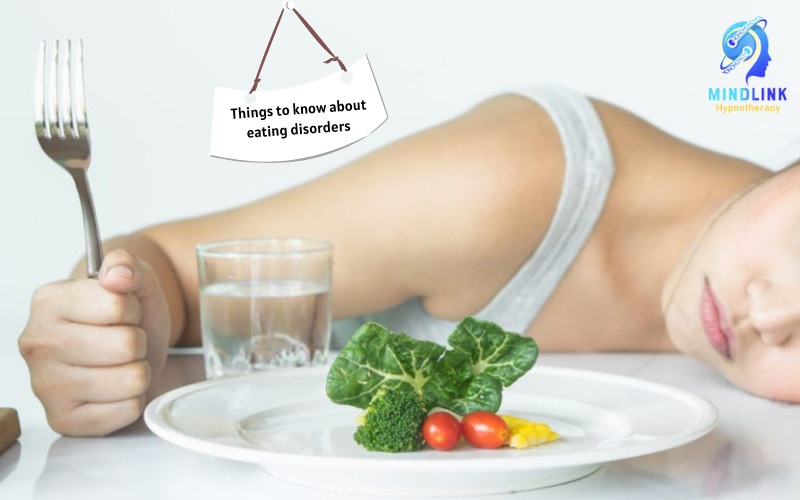Eating disorders are a group of psychological illnesses that lead to the development of poor eating behaviours. However, they may begin with an obsession with food, body weight, or body form. Moreover, if left untreated, these disorders can have substantial health repercussions and could lead to death in severe circumstances. Eating disorders can manifest in a variety of ways. Thus, eating restriction, food binges, and purging behaviours like vomiting or overexercising are all common symptoms. In this post, we are going to tell you facts about different eating disorders in Bribie Island.
What are some of the most common signs of an eating disorder?
Distinct forms of eating disorders have different symptoms. However, they all entail a strong emphasis on food and eating concerns, with some involving a strong focus on weight. Food and weight obsession may make it difficult to focus on other elements of life.
Some of the behavioural and mental symptoms include—
- Weight loss
- Excuses to avoid mealtime
- Denying hunger
- Excessive workout or exercising to burn calories
- Intense fear of weight gain
Some of the physical symptoms are as mentioned below—
- Irregularities and difficulties in sleeping
- Menstrual irregularities
- Fainting and dizziness
- Cramps in the stomach and abdominal area
What are the different types of eating disorders?
Eating disorders are a group of diseases characterised by excessive food and weight difficulties. Each disorder has its own set of symptoms and diagnostic criteria. Six of the most prevalent eating disorders are listed here.
- Anorexia Nervosa
- Bulimia Nervosa
- Binge Eating
- Pica
- Rumination disorder
- Avoidant/Restrictive food intake disorder (ARFID)
What are the most common factors that cause eating disorders?
Eating disorders are thought to be caused by a number of reasons. Genetics is one of them. Therefore, people who have a sibling or parent with an eating issue appear to be more likely to acquire one themselves. Moreover, another factor is personality qualities. Neuroticism, perfectionism, and impulsivity are three personality qualities that are frequently associated with an increased risk of having an eating problem.
Perceived pressures to be slim, cultural preferences for thinness and exposure to media that promotes these ideals are all possible factors. Moreover, experts have lately suggested that variations in brain anatomy and biology may contribute to the development of eating problems. Therefore, serotonin and dopamine are two brain chemicals that communicate with one another, and that can be a contributing factor as well.
How to recognise if you have an eating disorder?
If you have an eating issue, recognising it and receiving treatment as soon as possible increases your chances of recovery. Knowing the warning signs and symptoms can assist you in determining whether or not you require assistance.
Not everyone will experience every indication or symptom at the same time. However, some of the symptoms are as mentioned below—
- Firstly, weight loss, dieting, and eating control are becoming increasingly important behaviours and attitudes.
- Secondly, over obsession with weight, food, and calorie control
- Then, unwillingness to consume specific foods
- Feeling uncomfortable to eat when there are people around
- Having “food rituals” such as not allowing foods to touch, eating only particular foods and so on
- Eating only modest servings or skipping meals
- Fad diets or frequent dieting
- Intense self-consciousness about body size, shape, and appearance
- Frequent checks in the mirror for perceived deficiencies in the appearance
- Strong mood swings
Moreover, if you recognise yourself having these behavioural symptoms and believe you may be suffering from an eating disorder, get medical care immediately.
Making a choice to begin eating disorder recovery can be frightening or stressful. However, getting assistance from medical experts, eating disorder recovery support groups, and your community can make the process go more smoothly.
In conclusion
In conclusion, it can be said that eating disorders are common mental illnesses that require treatment. It can cause anxiety & stress symptoms in Bribie Island as well. Moreover, if left untreated, they can be harmful to health. Therefore, if you or someone you know has an eating disorder, you should get assistance from a healthcare professional who specialises in eating disorders.
Using our website, you may schedule an appointment with an eating disorder expert in your neighbourhood. We are ready to help you out, and we are just a call away!

